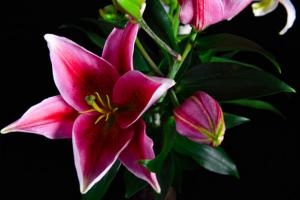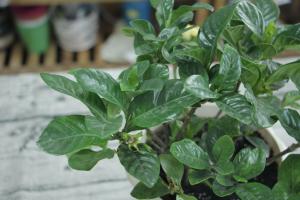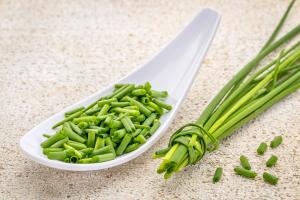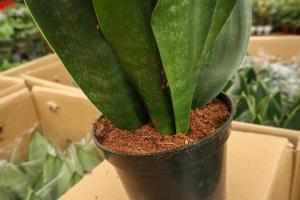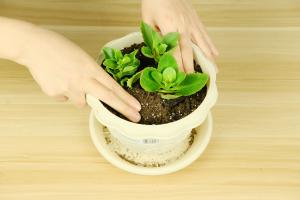What Type of Planting Medium for Growing Celery in Pots
Celery is a popular vegetable that is commonly consumed for its crunchy stalks and leafy greens. Growing celery in pots is an excellent way to enjoy this vegetable without having to worry about the limited space in your garden. However, when growing celery in pots, it is essential to consider the type of planting medium to use to ensure the best results. In this article, we will discuss the ideal planting medium for growing celery in pots.
Container Size Matters
Before diving into the type of planting medium for growing celery in pots, it is crucial to consider the size of the pot. Celery requires a lot of space to grow and develop their root systems. Therefore, it is best to choose a container that is at least 12 inches deep and wide to accommodate the celery plant's needs. Additionally, the pot should have proper drainage to prevent waterlogged soil and root rot.
The Best Planting Mix for Celery
The ideal planting mix for celery should be loose, well-draining soil that has plenty of nutrients to support the plant's growth. A high-quality potting mix that is specifically designed for vegetable plants is an excellent choice. The potting mix should contain a blend of peat moss, vermiculite, perlite, and organic matter such as compost or well-rotted manure.
Avoid using garden soil as it can be too heavy and can retain water, leading to root rot. Additionally, garden soil may contain weed seeds and harmful pathogens that can harm your celery plant.
The Importance of Fertilizer
Celery is a heavy feeder and requires plenty of nutrients to grow successfully. Therefore, it is essential to add a slow-release fertilizer to the planting mix to provide your celery plant with the necessary nutrients. A balanced fertilizer with an N-P-K ratio of 10-10-10 or 8-8-8 is a good choice.
Avoid over-fertilizing your celery plant as it can lead to leafy growth at the expense of the stalks. Additionally, too much fertilizer can cause root burn and harm your celery plant. Follow the fertilizer's instructions carefully and only use the recommended amount.
Conclusion
Celery is a fantastic vegetable that can be easily grown in pots with the right planting medium. Using a high-quality potting mix that is specifically designed for vegetable plants will provide your celery plant with the necessary nutrients for optimal growth. Adding a slow-release fertilizer will also ensure that your plant has access to the nutrients it needs. Do not forget to choose a container that is spacious enough to accommodate the celery plant's root system and has proper drainage. With these tips, you can grow healthy and delicious celery stalks and leafy greens in your garden.

 how many times do yo...
how many times do yo... how many planted tre...
how many planted tre... how many pine trees ...
how many pine trees ... how many pecan trees...
how many pecan trees... how many plants comp...
how many plants comp... how many plants can ...
how many plants can ... how many plants and ...
how many plants and ... how many pepper plan...
how many pepper plan...
